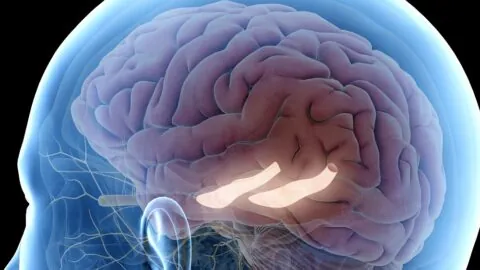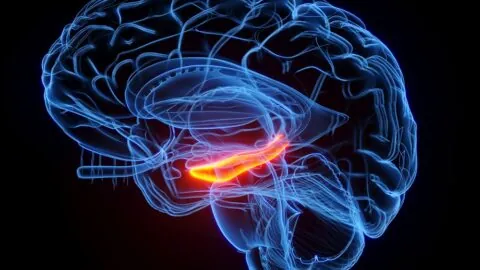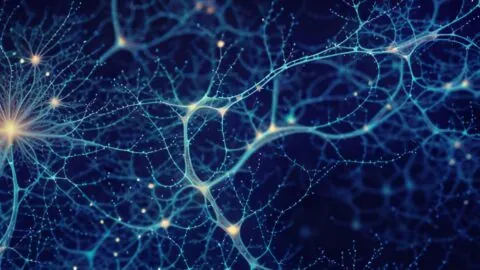November 11, 2024
Researchers have reported in Aging Cell that injecting specific one-carbon metabolites into the hippocampus can rejuvenate its cells. A small molecule approach Epigenetic AlterationsEpigenetic alterations are age-related changes in gene expression that harm the fundamental functions of cells and increase the risk of cancer and other age-related diseases. One of the proposed reasons we age...
October 17, 2024
In Aging Cell, researchers have identified a receptor in the brain that appears to be responsible for cognitive problems after surgery, particularly in older people. Surgery can cause cognitive problems Neurological symptoms such as postoperative cognitive dysfunction [1] and postoperative delirium [2] are common after surgery, particularly when the surgery is intensive or the patient...
May 23, 2024
Publishing in Aging, a team of researchers has used a rat model to investigate a possible reason why old people are less able to learn new things. A critical receptor This paper begins with a discussion of receptors for N-methyl-D-aspartate (NMDA), a compound that affects multiple aspects of cognition, most notably neuroplasticity: the brain's ability...
October 09, 2023
A study published in Cell Reports has shown how the activation of a common protein in neurons improves memory in both worms and mammals. Common between animals This paper begins with a striking fact: C.elegans worms, mice, and people all lose memory with age [1] and for at least one of the same reasons: the...
July 27, 2023
A review article published in European Neuropsychopharmacology has described how and why psychedelic compounds may be useful in treating neurodegenerative diseases such as Alzheimer's. A question of neuroplasticity Neuroplasticity refers to the ability of neurons to remodel themselves, forming new connections in response to stimuli. Many psychedelic drugs are psychoplastogens, compounds that encourage neuroplasticity [1]....
July 28, 2021
Molecular Psychiatry has recently published a report from the University of Cambridge detailing how the brain’s extracellular matrix (ECM) changes with age, negatively impacting memory, and how modifying the components of the brain ECM can revitalize memory in mice [1]. What is neuroplasticity? Neuroplasticity is the ability of neurons to form new connections. This ability...






